Support making RiG more international!
Click here to start the surveySupport making "Research in Germany" more international! Your expertise and commitment are essential for advancing the promotion of the German research landscape. We invite you to participate in our online survey and share your valuable insights after your website visit.
Possibly win up to €100 in rewards by participating in the follow-up survey. Duration: 7-10 minutes
The "Research in Germany" Content Partnerships 2024/2025
Germany is a highly attractive location for international experts, researchers, institutions, and companies seeking collaboration and investment opportunities. With its robust research landscape, Germany garners global interest from those pursuing new partnerships and joint research projects.
In an increasingly competitive international landscape, our audience's expectations for quality, relevant information are also rising. This is where our initiative steps in: through strategic content-partnerships, “Research in Germany” will showcase the diversity and support strengthening the Germany’s research sector across our high-reach online platforms with greater focus and depth.
Our content will cover key topics, including Career and Research, Living in Germany, and Funding and Organizational Frameworks for research stays, precisely tailored to meet the needs of our international audience.
In an extensive selection process, we have selected 24 exceptional institutions as content-partners, who joined us starting November 2024. These content-partners will bring new perspectives and expertise, contributing to the vibrancy and innovation of Germany’s research landscape across our shared channels.
These content-partnerships will provide relevant, authentic insights that enrich our common online communication and strengthen our international community. This initiative marks a significant step toward ensuring the long-term visibility of German research on an international scale.

Additionally, it offers a direct pathway for German institutions to engage in “Research in Germany”, amplifying Germany’s reputation as a premier research destination.
On 29 October 2024, the “Research in Germany”.initiative hosted a kick-off meeting with its new content partners. At this event, partners had the opportunity to connect, share expectations, and explore objectives for the collaboration. The initiative also presented a detailed overview of past and planned activities on its channels.
During this one-year pilot phase, these content-partnerships will deliver valuable insights into funding opportunities and significant research projects, benefiting the global research and higher education community. Participants expressed their enthusiasm and anticipation for a productive and impactful collaboration.
Universities
In this category, the selected universities, technical universities, universities of applied sciences, and excellence clusters are presented.

The Biomedical Center (BMC) is home to about 60 research groups with approximately 450 employees working in the field of applied cell sciences.
The BMC is a central element in the LMU’s strategy for close integration and translation of biomedical research and patient care. Combining preclinical, clinical-theoretical and clinical institutes and chairs, BMC research is committed to bridging the divide between basic research and clinical application.

The University of Göttingen is an internationally renowned research university, whose 13 faculties are closely interwoven with the exceptional research environment of the Göttingen Campus. Its overarching goal is to promote ground-breaking scientific contributions to address the unanswered questions of our time and address society’s current challenges. Its unique research profile, countless outstanding individual research projects, and all-round support from its research structures encourage a process of dynamic research exchange in the University’s highly visible interdisciplinary alliances.
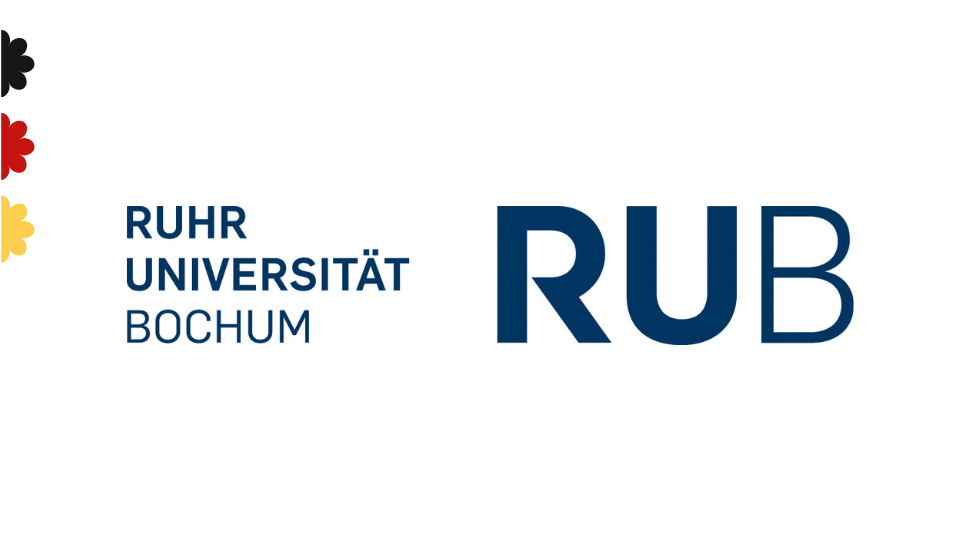
Located in the dynamic Ruhr metropolitan region in the heart of Europe, Ruhr University Bochum (RUB) is home to around 39,000 students and 21 faculties. Since 1965, it has been a driving force behind the transformation of a former mining area into a center of knowledge, and today it is not only one of the largest, but also one of the most research-intensive, comprehensive universities in Germany. RUB is characterized by its wide range of disciplines, its strong interdisciplinary, internationally visible cutting-edge research and its commitment to fostering academic talents.
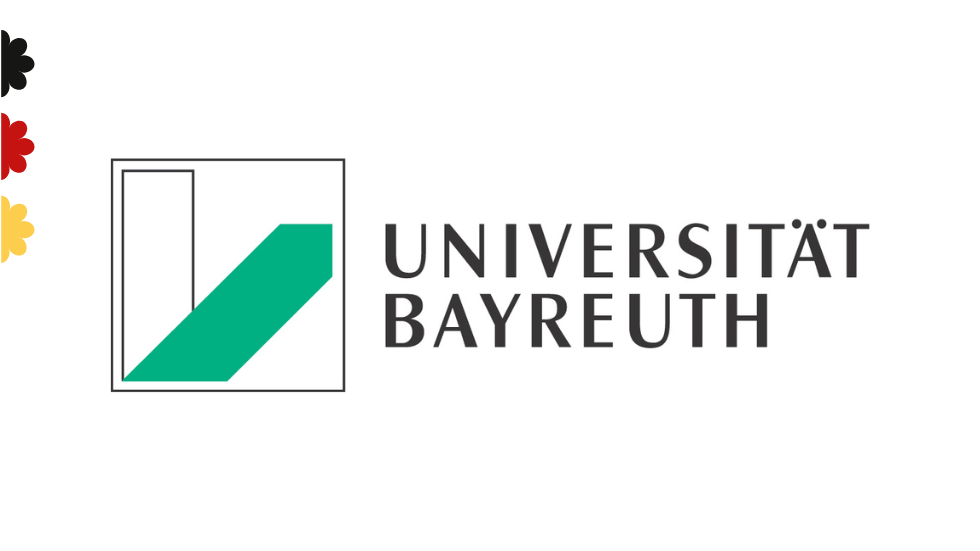
(DE) Seit ihrer Eröffnung 1975 hat sich die Universität Bayreuth zu einer leistungsstarken Uni mit einem dichten Netz internationaler Partnerschaften und Forschungskooperationen entwickelt und beheimatet rund 12.500 Studierende.
Die Universität bietet exzellente Bedingungen für Studium und Forschung, die auf einem einzigartigen grünen Campus gedeihen. Das Studien- und Forschungsangebot besticht durch seine interdisziplinäre Ausrichtung, individuelle Betreuung und hohe Leistungsstandards. Es reicht von den Natur-, Lebens- und Ingenieurwissenschaften über die Rechts- und Wirtschaftswissenschaften bis hin zu den Sprach-, Literatur- und Kulturwissenschaften.
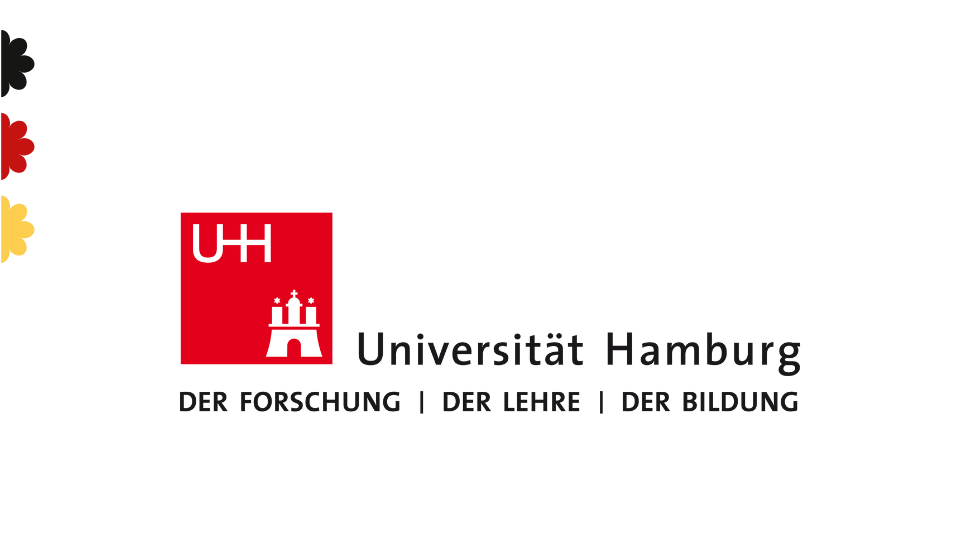
The University of Hamburg is the largest and most diverse research institution in northern Germany. Its research profile combines excellent fundamental research with applied research and transfer projects, making it an excellent choice for those looking to advance their careers in research. The University of Hamburg also boasts outstanding regional and international networks and an array of programs for early career researchers, making it an ideal place to lead innovative research for a better future together with leading experts in the field.
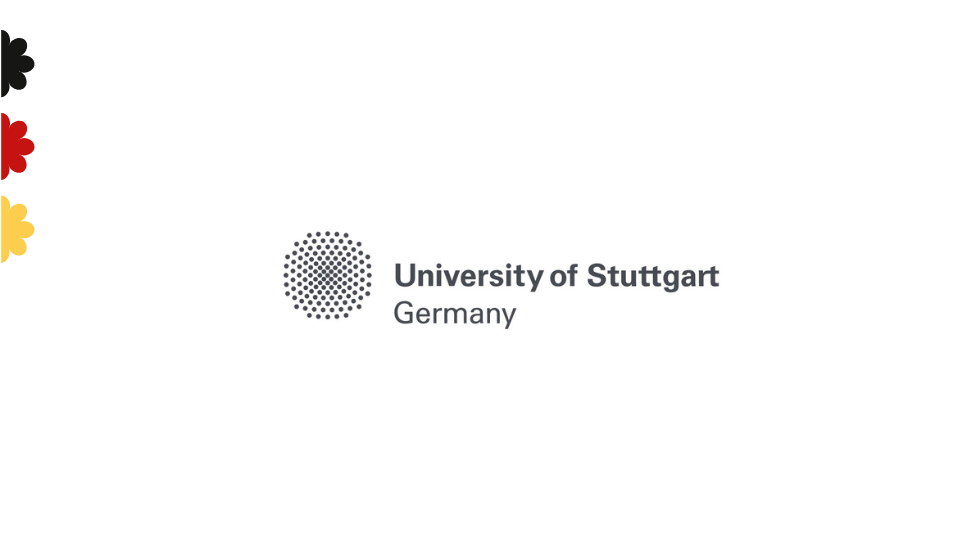
The University of Stuttgart is one of the leading technically oriented universities in Germany with global significance. The ”Stuttgarter Weg” (Stuttgart Way) means an interdisciplinary integration of engineering, natural sciences, humanities, management, economics and social sciences based on the fundamentals of cutting-edge research at a disciplinary level.
The University is home to about 21,500 students from all over the world. It offers more than 170 bachelor and master programs with a strong link to interdisciplinary research and practice. Our vision is “Intelligent systems for a sustainable society.”
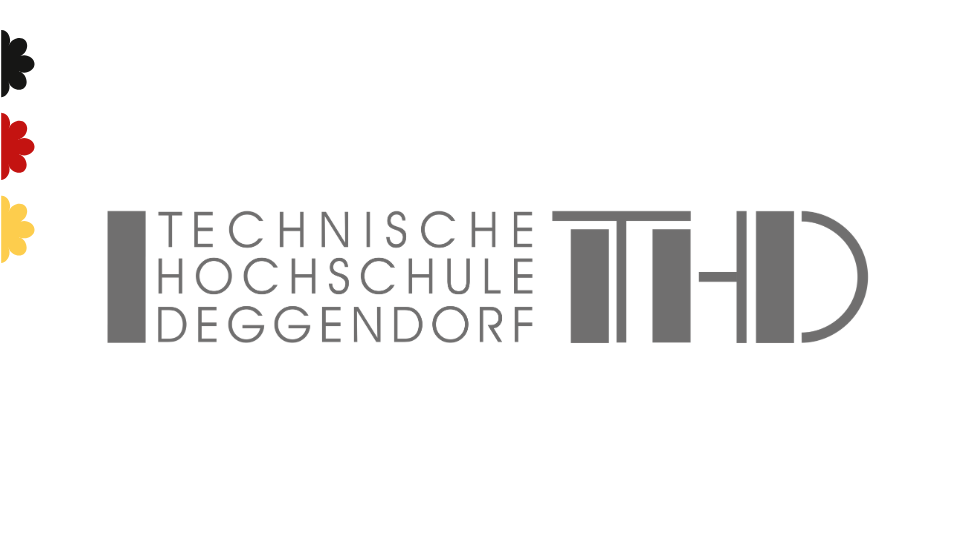
The DIT has rapidly developed into one of the strongest research universities of applied sciences. Our research has been boosted by the establishment of technology campuses - 17 are currently in operation in Bavaria - which have led to a wide variety of institutes and research groups with strong third-party funding on a wide range of topics. The research strength is also reflected in our newly established doctoral centres with the right to grant doctoral degrees, the establishment of a multitude of transfer events and a supportive ecosystem for start-ups and innovation.
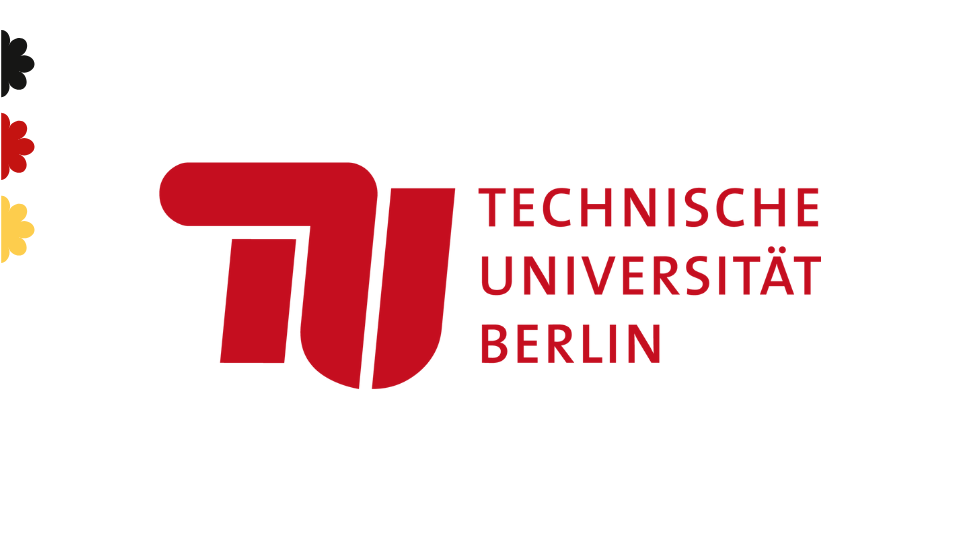
Technische Universität Berlin is third-largest and oldest technical university in Germany. Our academic activities are focused on ensuring exceptional performance in research and teaching and providing our graduates with excellent qualifications. Strong regional, national and international networking with partners in science and industry are an important aspect in these endeavors.
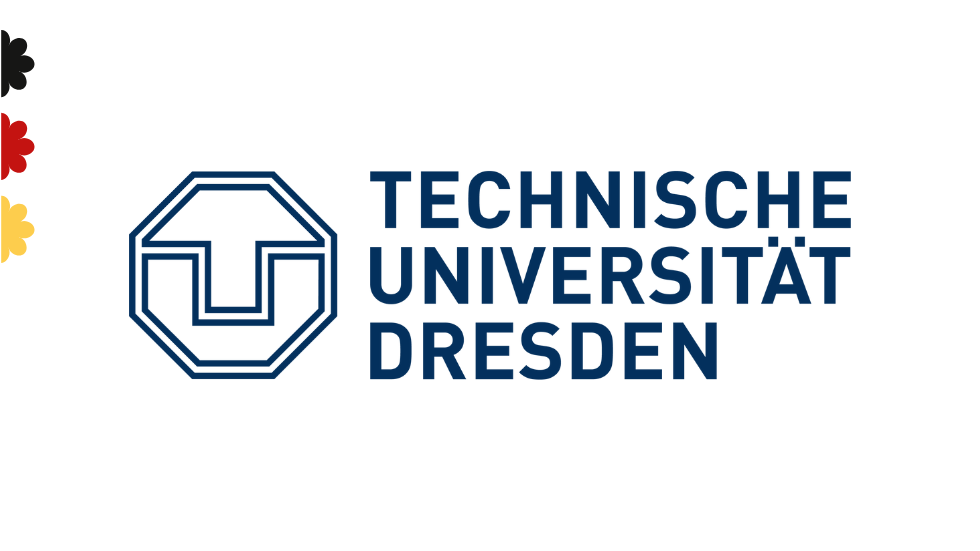
TUD Dresden University of Technology, as a University of Excellence, is one of the leading and most dynamic research institutions in Germany. With around 8,300 members of staff and 29,000 students in 17 Faculties, it is one of Europe’s largest technically-oriented universities. Founded in 1828, today it is a globally oriented, regionally anchored top university, developing innovative solutions for the world's most pressing issues. In research and education, the university unites the natural and engineering sciences with the humanities, social sciences and medicine. This wide range of disciplines is an outstanding feature that facilitates interdisciplinarity and transfer of science to society.
.png)
The ‘‘Neurocenters in Germany‘‘ are a group of research centers and funding institutions in the neurosciences, distributed all over Germany, who share the structural aim to strenghten Germany as a neuroscience research location.
To enhance international visibility and networking of researchers, the centers inform about the research and training opportunities in a broad spectrum of the neurosciences in Germany.
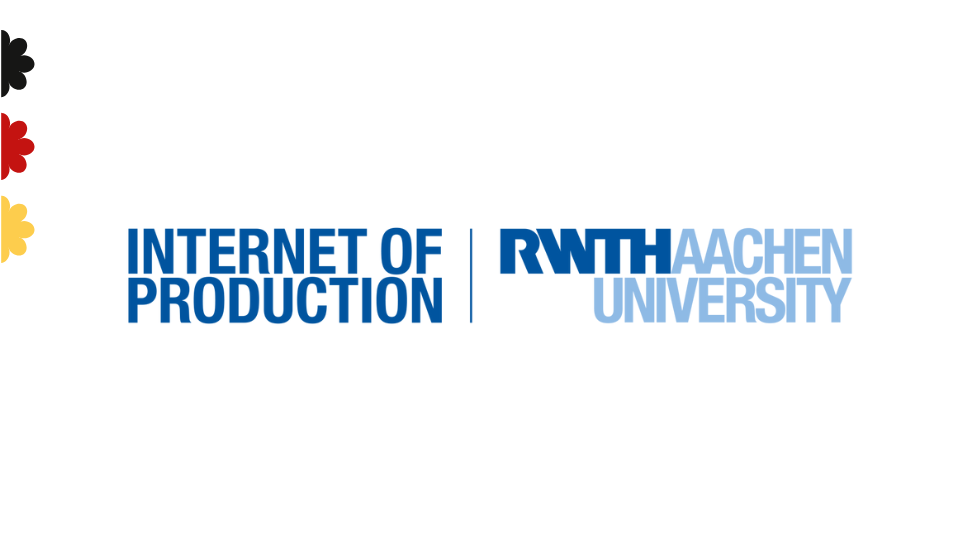
Since 2019, In the Cluster of Excellence Internet of Production (IoP) at RWTH Aachen University, around 200 scientists have been working on application-oriented and innovative solutions in the field of production technology in an interdisciplinary network of over 35 institutes and research facilities. The secure availability of all relevant data in real time, at any time and any place, creates maximum informative value for production on the basis of the so-called Digital Shadow. This approach of demand-orientated data analysis and the application of machine learning algorithms offers great potential and important impulses for the entire production technology. It aims to support people in a digital, AI-based world and thus successfully master the challenges of the “production of the future”.
Non-university research institutions
In this category, the selected non-university research institutions are presented.
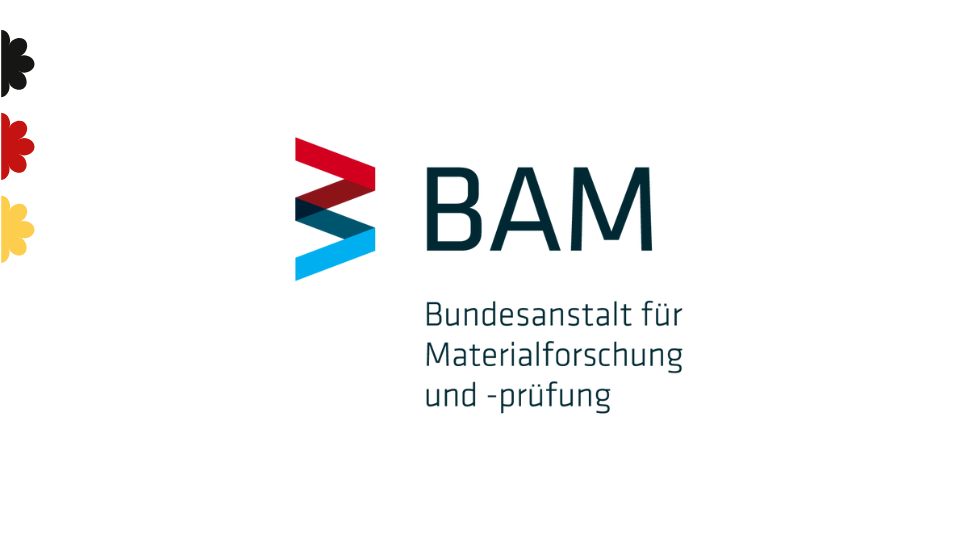
The Bundesanstalt für Materialforschung und -prüfung (BAM) is a senior scientific and technical Federal institute with responsibility to the Federal Ministry for Economic Affairs and Climate Action. BAM stands for safety in technology and chemistry. It is globally networked and conducts research in the five focus areas of Energy, Infrastructure, Environment, Materials, Chemistry and process engineering, e.g. hydrogen technologies, wind energy and additive manufacturing. Around 1,550 people from over 55 nations work at BAM.
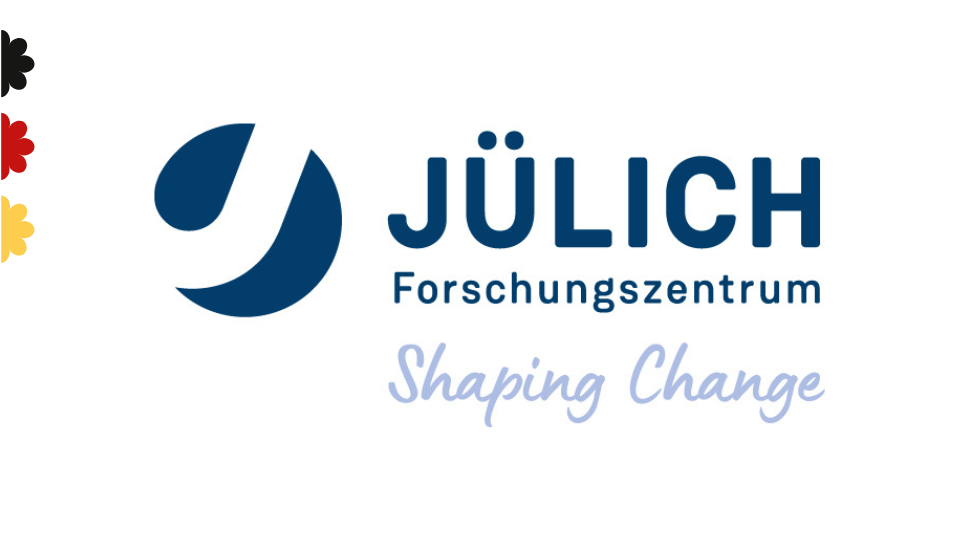
Conducting research for a changing society: This is what drives us at Forschungszentrum Jülich. As a member of the Helmholtz Association, we aim to tackle the grand societal challenges of our time and conduct interdisciplinary research into a digitized society, a climate-friendly energy system, and a sustainable economy. Work together with more than 7,400 employees in one of Europe’s biggest research centres and help us to shape change!
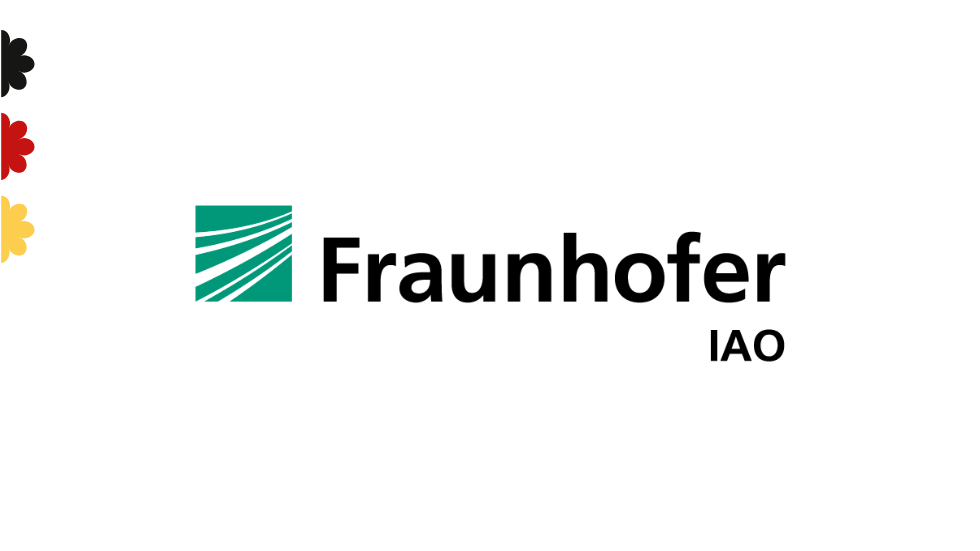
How will people work and live in the future? Scientists at the Fraunhofer Institute for Industrial Engineering IAO are researching this and similar questions and applying their findings in a results-oriented manner.
Our experts design the interaction between people, technology and organization in a holistic and customer-specific way. We support companies and institutions in recognizing the potential of new technologies, using them profitably and opening up attractive future markets.
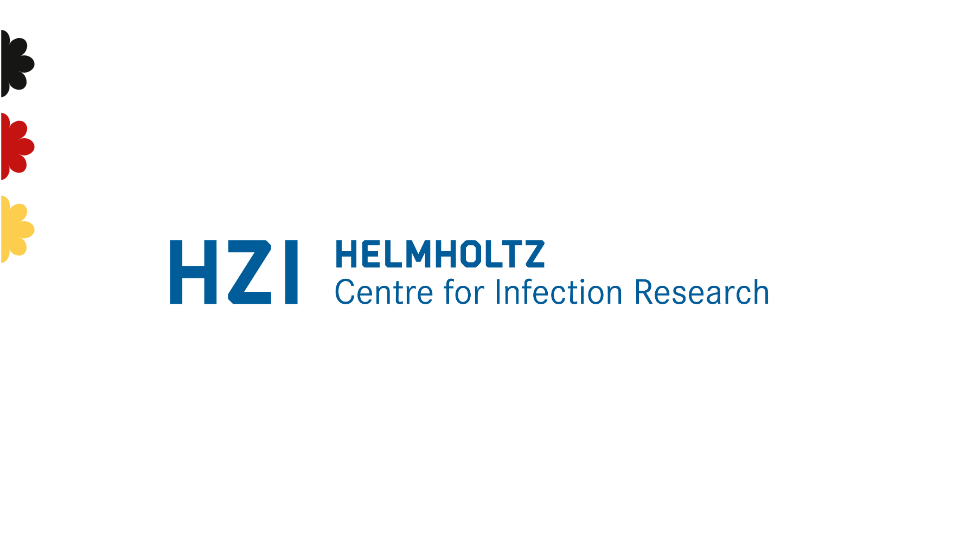
Addressing the infectious disease challenges of the 21st century: The Helmholtz Centre for Infection Research (HZI) is Germany’s largest academic institution dedicated to infection research. Through cutting-edge research and next-generation technologies, HZI scientists are pioneering novel approaches to prevention, diagnosis, and treatment. They investigate the mechanisms of infection and the body’s defense systems and advance their findings from foundational research towards medical and pharmaceutical applications.
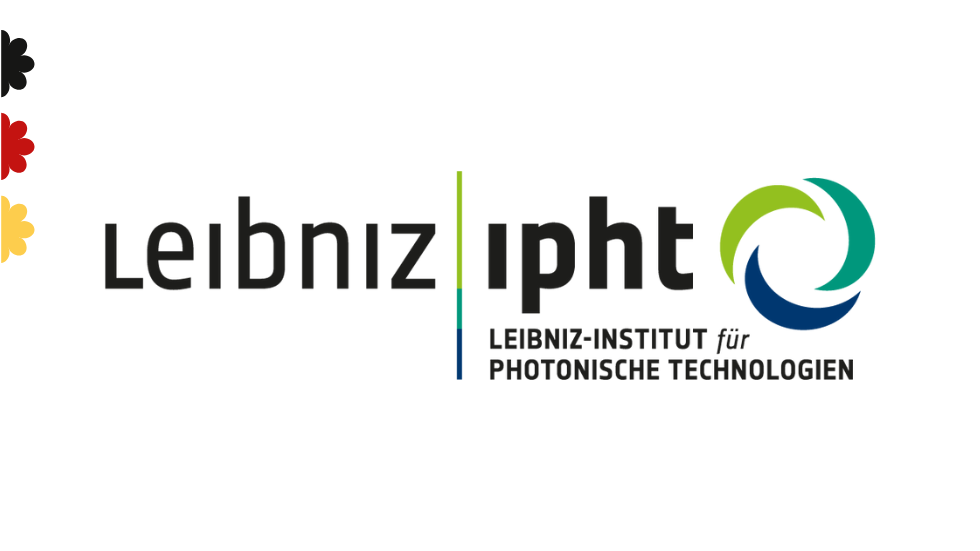
(DE) Photonics for Life: Leibniz-Institut für Photonische Technologien in Jena
Licht ist das zentrale Werkzeug am Leibniz-IPHT. Forschende entwickeln photonische
Verfahren für die klinische Diagnostik – insbesondere bei Krebs und Infektionen –, für
Pharmazie, Prozesskontrolle, Lebensmittel- und Umweltsicherheit sowie alternative
Energien. Ziel ist es, die Translation zu beschleunigen und Forschungsergebnisse in die
Praxis zu überführen – from Ideas to Instruments. www.leibniz-ipht.de
Further Institutions
In this category, other selected institutions are presented.
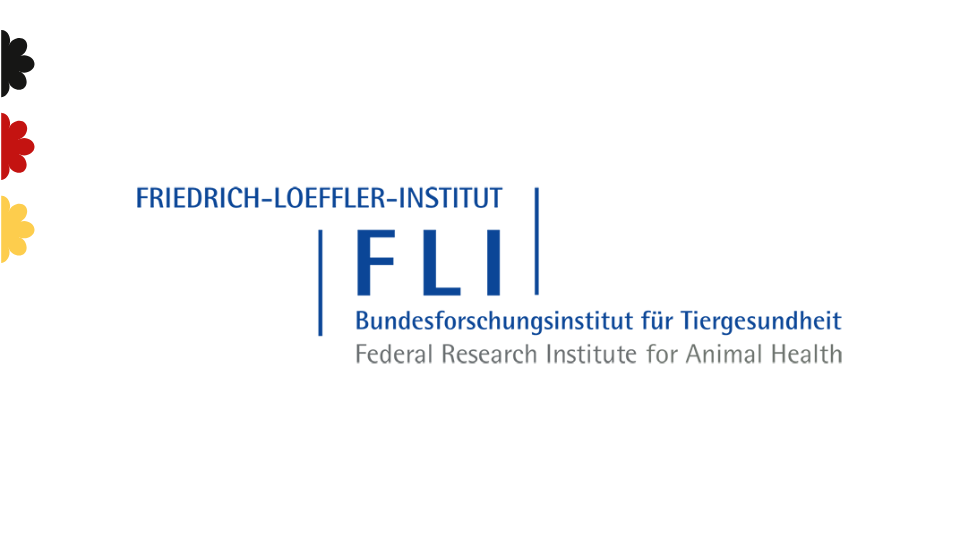
Friedrich-Loeffler-Institute: Research on Animal and Human Health
As Federal Research Institute for Animal Health, the Friedrich-Loeffler-Institut (FLI) addresses farm animal health and welfare. The work aims at the prevention, diagnostics and control of animal diseases, the improvement of animal welfare and animal nutrition as well as the preservation and use of farm animal genetic resources. Our five locations across Germany are home to 830 colleagues across a range of specialities, including veterinary medicine, biology, agricultural sciences, animal care, genetics, and other fields.
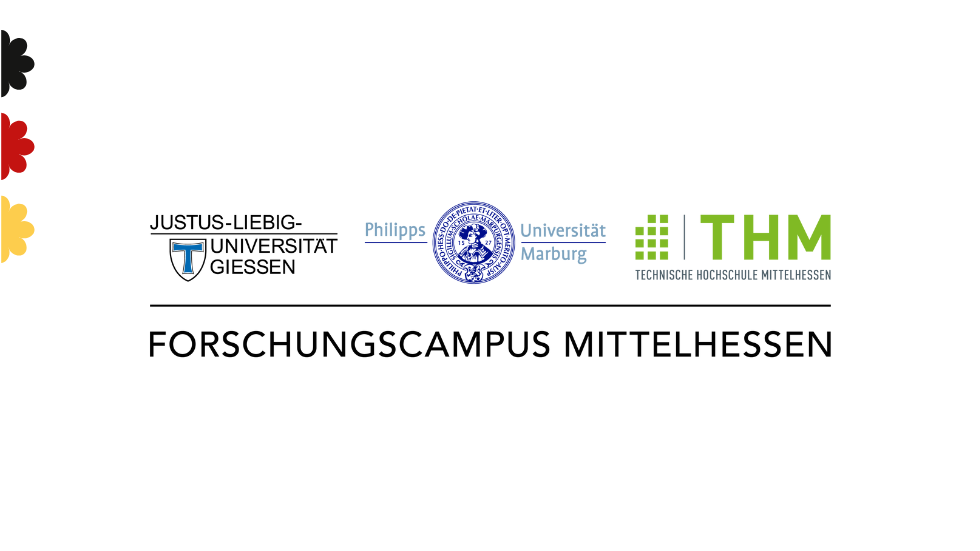
The Research Campus of Central Hessen (FCMH) unites the strengths of three universities: Justus Liebig University Giessen, Philipps-Universität Marburg, and THM University of Applied Sciences. With close to 11,000 researchers, FCMH fosters complementary interdisciplinary collaboration and establishes Central Hessen as a leading research and innovation hub in Europe. Through FCMH, the three universities advance joint research and its transfer, promote talent and foster research careers and share resources effectively.
.png)
The Hanse-Wissenschaftskolleg (HWK) is a science-promoting foundation. As an "Institute for Advanced Study", it has been supporting around 50 recognised academics, authors and artists as guests (fellows) on research visits to Delmenhorst every year since 1997, thereby promoting excellent science in north-west Germany. The HWK is supported by the states of Lower Saxony and Bremen and the city of Delmenhorst.
The HWK allows its fellows to concentrate on a research project free of academic obligations and promotes dialogue between disciplines through cooperation and meeting opportunities. The fellows benefit from close co-operation with the universities in Bremen and Oldenburg and other regional research institutions as well as a large international alumni network. The HWK thus also promotes the internationalisation of regional science and its clusters of excellence.
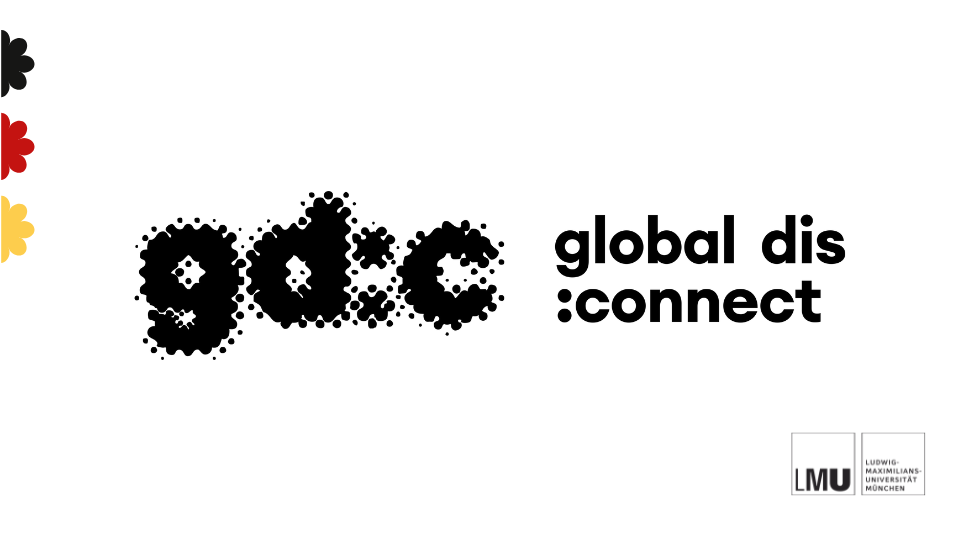
The Käte Hamburger Research Centre “Dis:connectivity in Processes of Globalisation” (global dis:connect), which is sponsored by the Federal Ministry of Education and Research (BMBF), examines the dynamic, co-constitutive relationship of global integration, absent connections and disintegration in current and historical processes of globalisation. The centre emphasises the indispensability of the humanities in globalisation research, whose differentiated instrumentarium is required to recognise the social manifestations of processes of globalisation, their cultural contexts and their individual and collective interpretations.
Integrating the arts plays a key role in expanding the established methods of the humanities. Therefore global dis:connect is laying the foundations for concrete forms and means of sustained cooperation between scholarly research and the arts.
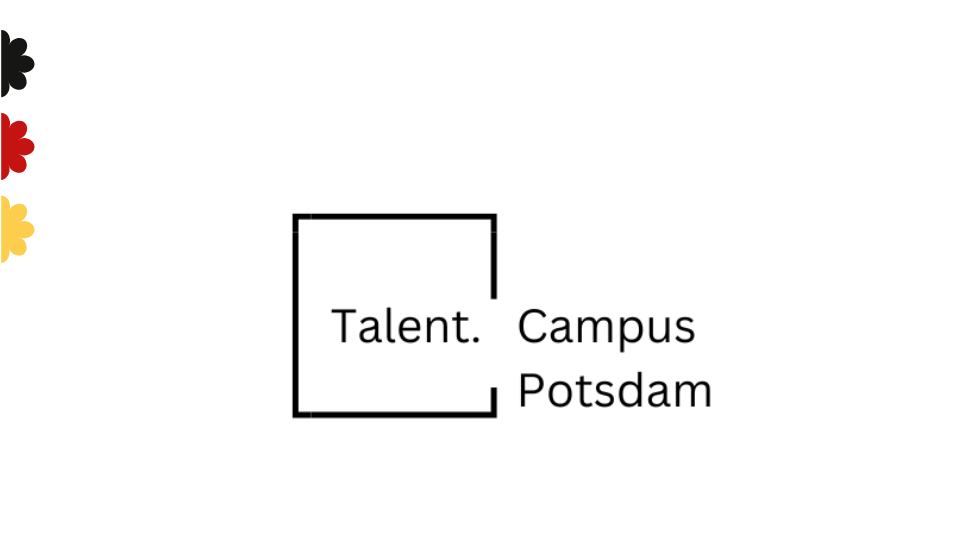
The Talent Point is a platform for sustainable learning and innovative networking in the Babelsberg Ecosystem at the campus of seven universities in Potsdam. The open environment for research and knowledge transfer provides an interface for innovation and talent development. The Potsdam-Babelsberg campus has a comprehensive infrastructure for cooperation projects with numerous companies and international partners. This includes startup consulting services, contact points for international exchange, project spaces, and coworking spaces.
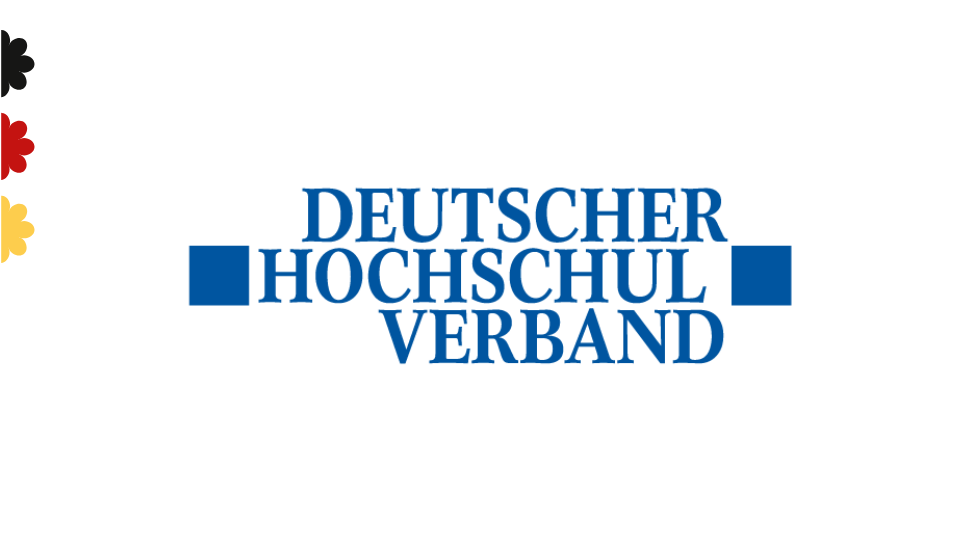
With over 33.500 members, the DHV represents the higher education policy, legal, and economic interests of all academics in Germany from postdoctoral level onwards.
Long-Term Content Partners
This category presents partners who have already collaborated with us and will continue to do so in the long term.
.png)
GSO is an independent nonprofit supporting researchers of all backgrounds, especially those at the “bottleneck” in their careers. We offer career guidance services for individuals and institutions, we create opportunities through funding programs, and we connect researchers across sectors.
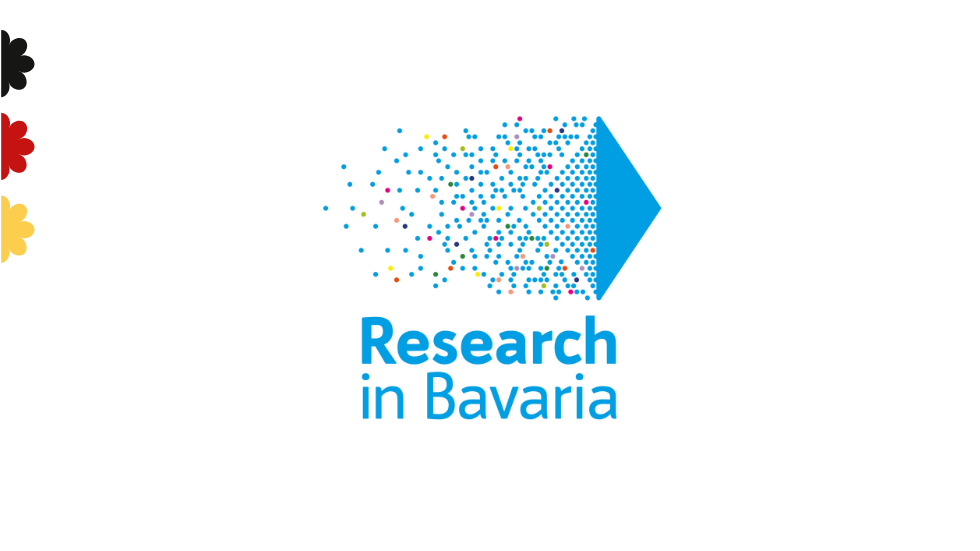
"Research in Bavaria" addresses young researchers from all over the world - especially prospective doctoral students, postdocs and guest lecturers.
It wants to show them career and research opportunities in one of Germany’s most innovative and dynamic regions, connect them with their peers at Bavarian universities and thus promote international academic exchange.
“Research in Bavaria” is a joint initiative of the Bavarian universities and the Bavarian State Ministry of Science and the Arts.